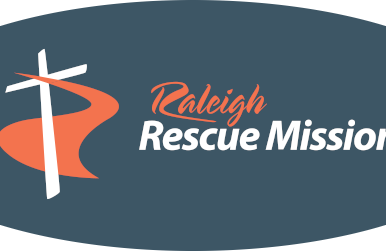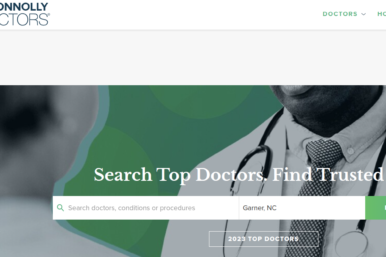Your physician has determined that esophageal dilation is necessary for treatment of your condition. This information has been prepared to help you understand the procedure. It includes answers to questions patients ask most frequently. Please read it carefully. If you have additional questions, please feel free to discuss them with the endoscopy nurse or your physician before the examination begins.
Esophageal dilation is a procedure that enables your physician to enlarge the opening in your esophagus so that you can swallow more easily. This can be accomplished by the passage of instruments by mouth that disrupts the stricture in your esophagus that has made swallowing difficult.
WHAT PREPARATION IS REQUIRED?
The stomach must be completely empty for the procedure to be safe and successful. Your physician will give you detailed instructions regarding the dietary restrictions to be followed. Most commonly this is only for you not to eat or drink for 6 hours before the procedure.
WHAT ABOUT MY CURRENT MEDICATIONS?
Most medications may be continued as usual, but some medications can increase the risk of bleeding from the procedure or interfere with any sedation required for the procedure. It is therefore best to inform your physician of your current medications as well as any allergies to medications several days prior to the examination. Aspirin products, arthritis medications, anticoagulants (blood thinners), insulin, or other diabetic medications are examples whose use should be discussed with your physician prior to the examination. You should alert your doctor if you require antibiotics prior to undergoing dental procedures, since you may need antibiotics prior to esophageal dilation as well.
WHAT CAN BE EXPECTED DURING ESOPHAGEAL DILATION?
Esophageal dilation is usually well tolerated and rarely causes much pain. There can be a sensation of gagging or brief chest pain at times during the procedure. Your doctor may give you medication through a vein to help you relax and better tolerate any discomfort from the procedure. You will be lying on your side or on your back during the procedure. The procedure usually takes only a few minutes. If you choose not to be sedated you will be seated upright for the procedure.
WHAT HAPPENS AFTER ESOPHAGEAL DILATION?
After esophageal dilation, your physician will explain the results to you. If you have been given medications during the procedure, someone must accompany you home from the procedure because of the sedation used during the examination. Even if you feel alert after the procedure, your judgment and reflexes may be impaired by the sedation for the rest of the day, making it unsafe for you to drive or operate any machinery. If you have not been sedated you may resume your normal activates after leaving the endoscopy area.
You may have some chest discomfort for several hours to days following a successful dilation. This is because the stricture has been disrupted and a small ulcer exists in its place. This ulcer will heal over several days. Most often you will not feel anything. Generally, you should be able to eat after leaving the endoscopy, but your doctor may restrict your diet and activities, a detailed sheet of instructions will be given to you on discharge.
WHAT ARE THE POSSIBLE COMPLICATIONS OF ESOPHAGEAL DILATION?
Esophageal dilation is generally safe when performed by physicians who have been specially trained and are experienced in these endoscopic procedures.
One possible complication is a perforation or tear through the esophageal wall that could require surgery. Bleeding may occur from the site of dilation. It is usually minor and stops on its own or can be controlled through the gastroscope. Rarely, blood transfusions or surgery may be required. Other potential risks include a reaction to the sedatives used and complications from heart or lung disease. Localized irritation of the vein where medications were injected may rarely cause a tender lump lasting for several weeks, but this will go away eventually. Applying hot packs or hot moist towels may help relieve discomfort.
Although complications after esophageal dilation are uncommon, it is important for you to recognize early signs of any possible complication. Contact your physician who performed the esophageal dilation if you notice any of the following symptoms: difficulty swallowing, hoarseness, cough, severe chest or abdominal pain, fever and chills, or bleeding. You may have some chest discomfort for several hours to days following a successful dilation. This is because the stricture has been disrupted and a small ulcer exists in its place. This ulcer will heal over several days. Most often you will not feel anything. Generally, you should be able to eat after leaving the endoscopy, but your doctor may restrict your diet and activities, a detailed sheet of instructions will be given to you on discharge.
To the Patient:
Because education is an important part of comprehensive medical care, you have been provided with this information to prepare you for this procedure. If you have questions about your need for esophageal dilation, alternative tests, the cost of the procedure, methods of billing, or insurance coverage, do not hesitate to speak to your doctor or your doctor’s office staff. Most endoscopists are highly trained specialists and welcome your questions regarding their credentials and training. If you have questions that have not been answered, please discuss them with the endoscopy nurse or your physician before the examination begins.



